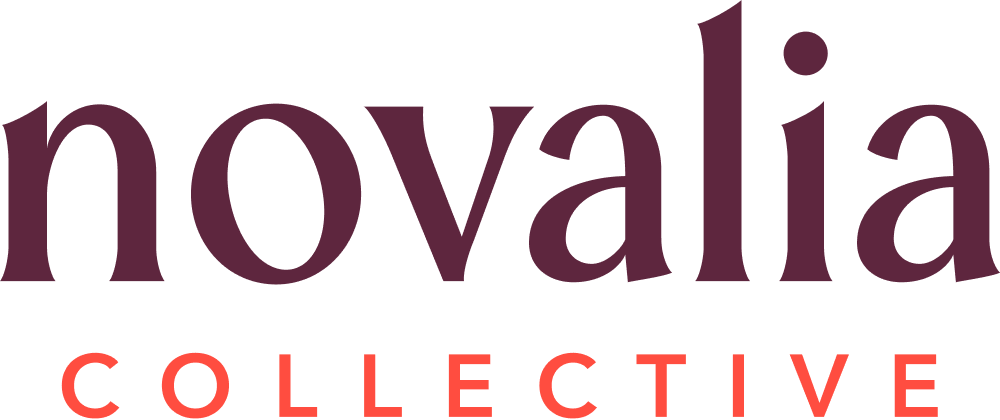Risk and Revelation
by Maureen Bhutong Boyd
After I hit submit on my application to this is my body I asked myself, “Why did you do that? What were you thinking?”
Personal vulnerability and self-revelation have never been my strengths. Not that I don’t appreciate and admire others who engage in that sort of thing; I’m married to someone who shares his three most significant life experiences within an hour of meeting strangers. I, however, had never learned to share my secrets, fears, or aspirations so easily.
I saw the announcement for this is my body just a little over a year after the death of my mother. Her loss left me unmoored, filled with shame and regret, in part because she and I had not been very close. I disappointed her, and she couldn’t help but express that to me every time I saw her or spoke with her. She had also never shared much about her life in Thailand with me. She had taught me only a little of the language, bits and pieces about her culture, and nothing about the daughter – my half sister – she left behind in Thailand.
Reflecting on my mother’s life.
In a quest to understand my mother and what it meant to be a luk kreung (“half-child” in Thai), I visited Thailand for the first time and met my wonderful sister almost a year after my mother’s death. When we returned, I felt a seething rage beginning to mingle with my grief and confusion over what my mother had denied all three of us.
Two months later, I saw the application for this is my body. Something inside of me knew I needed to talk about my story amongst people who might understand the relationship between my mother’s death and my relationship to my Thai identity. Access to opportunities for creative self-expression are so rare and far between for women of color. I felt certain that in this space, no one would focus on my racial ambiguity, ask me probing, offensive questions, or make me feel like I was somehow different, or didn’t belong. This was the kind of community I needed in order to safely explore what it meant when I lost my mother and gained my sister.
Those first workshops with the Novalia Collective were filled with a level of risk-taking intimacy that I had only encountered with those closest to me in the past. These weren’t group therapy sessions. I think every woman in the room had friends, family, or community resources they could utilize for that purpose. No, these sessions were something else: they were about shaping what felt most vulnerable and most integral to our lived experience into tempered narratives. And, this was possible only because Odelia and Vina curated and mentored us through examining and sharing our stories with one another.
We spent weeks writing, learning to perform, and memorizing our pieces. We learned what our personal narratives would sound like to others. We learned what we actually wanted to say and when we lacked clarity in saying it. Our stories became brilliant, polished, and strong.
Sharing my story for the first time to a community audience at the ‘this is my body’ performance showcase.
I wrote and performed a piece about what it was like to meet my half-sister and visit Thailand for the first time. After the performance, several audience members approached me, telling me how much they could relate to my story. One woman talked about how much my experience reflected her own as a Nigerian expat in the United States. Another woman told me my story made her contemplate her father’s death in Vietnam, and all the secrets he withheld from her. Still more women from diverse backgrounds approached me to share such stories. I was stunned and realized that I had begun something very authentic and relatable.
I had revealed parts of this story— my story — to complete strangers. The process of working collaboratively with other women of color pushed me to a place of radical honesty and vulnerability that I had never experienced before.
Now, I take more risks on the page, which has made me approach my fiction writing with more curiosity. I now also write autobiographical work. I write about my sense of illegitimacy in relation to my Thai identity, how I struggle not to replicate my mother’s withholding of intimacy from those who love her, and what it means to be mixed race in a world where people want everyone to fit into neat categories.
Basking in the joy of storytelling and connection.
My writing is bolder, more daring than ever before, and I have reaped the benefits. I was named a Periplus Fellowship finalist, and for the first time in my writing career I am a candidate for a very competitive writing residency. The writing and reflection I did for this is my body has inspired some new autobiographical hybrid work that will be published in the literary journal, Timber, and featured on the cover.
I know, now, that my story is worthy of being heard, and I have an audacity and fearlessness in telling it for the first time in my life. This is only the beginning.
‘This is my body’ has touched countless lives since 2018 through writing workshops, mentorship, and live performances. Now, we need your help to ensure that this year’s program is free and accessible to all. You can donate to support the program here.



